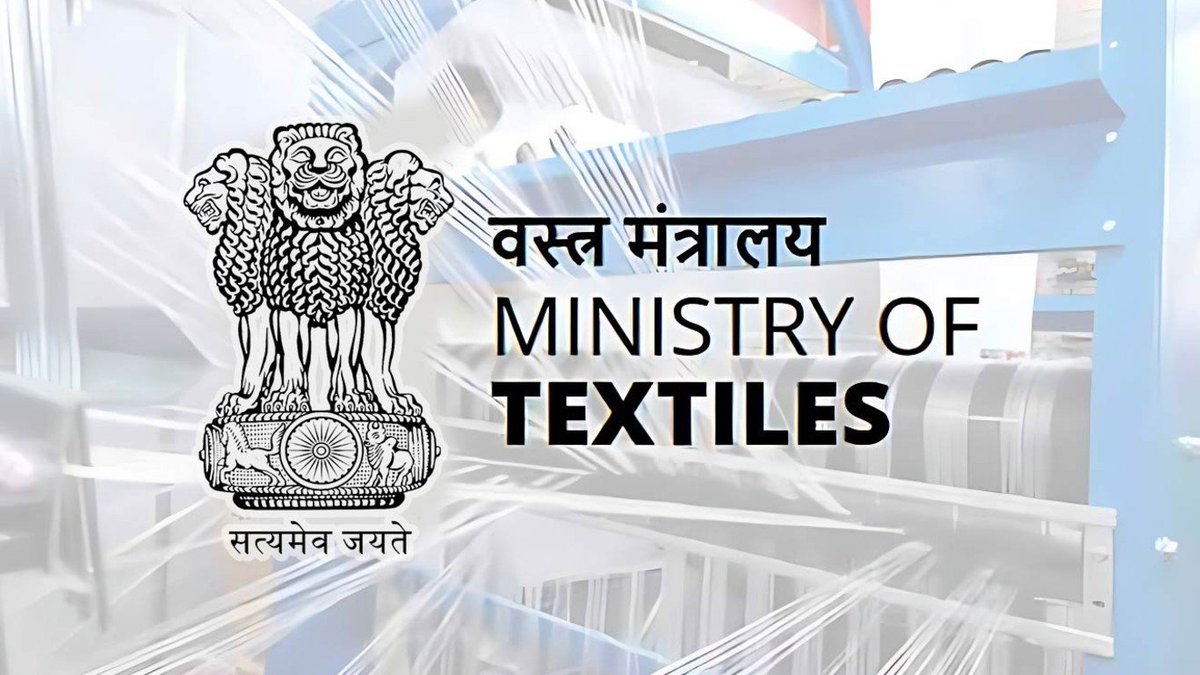The government on Thursday approved the Textiles Focused Research, Assessment, Monitoring, Planning and Start-up (Tex-RAMPS) scheme, a major initiative aimed at strengthening research, innovation and competitiveness in India’s textile sector.
With a total outlay of ₹305 crore for the period 2025-26 to 2030-31, the scheme will function as a Central Sector Scheme fully funded by the Ministry of Textiles. It has been aligned with the upcoming Finance Commission cycle and is designed to “future-proof” the textiles and apparel ecosystem by addressing long-standing gaps in research, data systems and innovation support.
Announcing the approval, Union Textiles Minister Giriraj Singh said the Tex-RAMPS scheme combines research, data and innovation to position India as a global leader in sustainability, technology and competitiveness. He said the initiative will help close critical gaps in the sector’s research capabilities and data architecture while promoting high-value innovation.
The scheme encompasses a wide range of interventions, including advanced research in smart textiles, sustainability, process efficiency and emerging technologies to strengthen India’s innovation ecosystem. It also focuses on developing robust data systems such as employment assessments, supply chain mapping and the India-Size project to support evidence-based policymaking.
A key element of the scheme is the creation of the Integrated Textiles Statistical System (ITSS), a real-time analytics platform intended to improve structured monitoring and strategic decision-making across the sector. Alongside this, the scheme seeks to build capacity at the State level, encourage dissemination of best practices, conduct training workshops and organise sectoral events to strengthen the textiles knowledge ecosystem.
Tex-RAMPS also aims to foster entrepreneurship by supporting incubators, hackathons and collaborations between academia and industry to promote high-value textile start-ups.
According to the Ministry, the scheme is expected to enhance India’s global competitiveness, strengthen research and innovation capabilities, improve data-driven policymaking and create employment opportunities. It will also promote deeper collaboration between States, industry, academia and government institutions.














